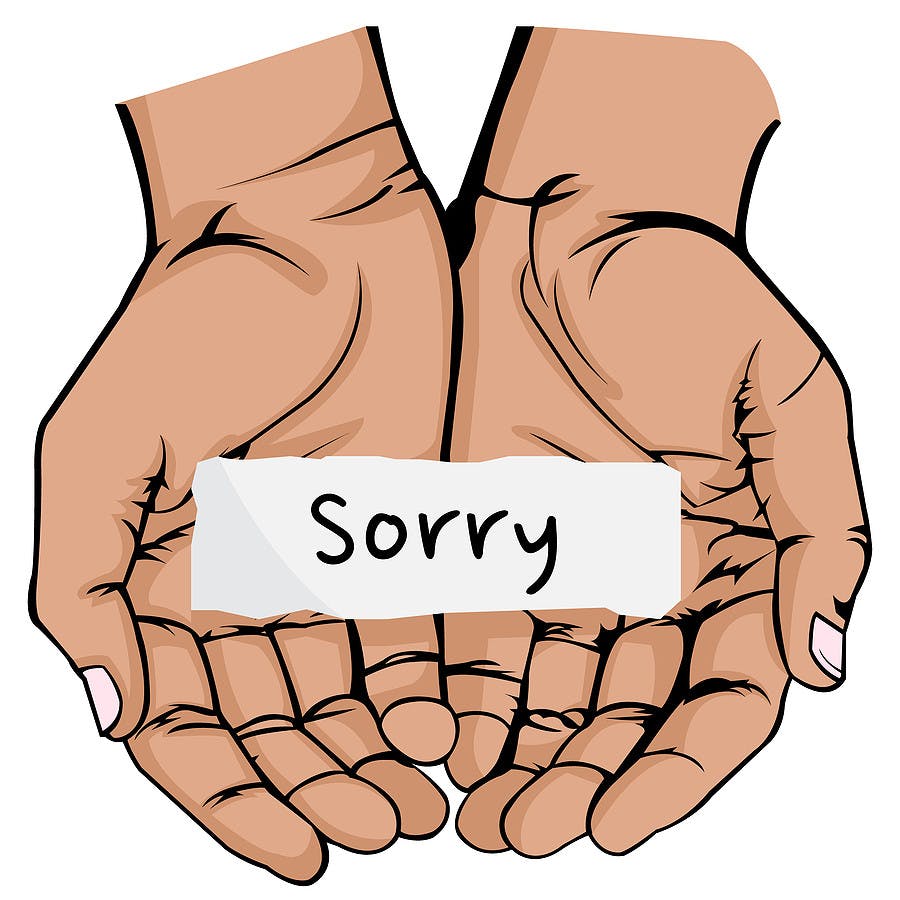Toxic workplaces create poor employee mental health – fact. But according to executive coach, Jim Frawley, as well as tackling areas where toxicity might lie, HR leaders should also prioritize a culture of forgiveness. Yep, you read correctly. But it’s not so far-out as it seems. Research already indicates that forgiving a co-worker is a top predictor of better work outcomes (including higher job satisfaction, higher work engagement, and lower burnout).
So should more of us be practicing forgiveness, and is it a skill HRDs need to teach? To answer these questions (and others), TLNT had an exclusive Q&A session with Frawley to find out:
TLNT: Forgiveness is your big idea – but what exactly do you mean by it in a business context?
A: “To me, forgiveness is irrevocably tied up in the way the world of work has been changing, and the greater demand people have for psychological safety at work. We typically think of forgiveness as saying ‘it’s OK you’ve wronged me’ – but I’m talking about something that’s more internal than this – forgiveness that almost elevates yourself above something that might have bothered you, and saying ‘I’m not going to let X-event impact me’. In this sense, forgiveness is quite a courageous thing. The reality is that lack of forgiveness to others is actually what’s holding a lot of people back in organisations. They’re storing up resentment towards others, which is not a good thing.”
TLNT: Isn’t forgiveness considered to be weak leadership – an acceptance that anything goes?
A: Being forgiving shouldn’t be a free pass for someone to do wrong, but what I’m saying is that maybe leaders have to reframe how they see behaviours. For instance, take when managers perceive someone as doing something wrong. Perhaps the question managers need to ask is whether themselves is whether that ‘wrong’ is more down to them not properly setting expectations rather than anything else.
TLNT: Are you saying managers need to forgive more because they are at fault?
A: We have to remember that the best leaders don’t always have all of the answers, and so they need to be comfortable being in their own skin. Forgiveness is as much about leaders being able to keep things in perspective, and for them to realize that when stuff goes on, it’s not such a big deal.
TLNT: Forgiveness can be very powerful, but isn’t part of being human holding grudges. Grudges can be useful, can’t they?
A: There’s no doubt that holding grudges is seen as being strong, while showing forgiveness is often seen as being weak. The problem with holding grudges is that it creates a complicated web. HR has the responsibility to hand people the tools to not let events fester.
TLNT: Is forgiveness a ‘skill’ that needs to be taught then?
A: I think so, yes. It certainly takes practice to forgive, and it’s always much easier for people to blame others than realise what they might be doing to contribute to an issue. Most people will know at least someone who is good at forgiveness though, and so they should learn from these people about how to keep things in perspective. It’s about people giving themselves the agency to let things go. Forgiveness is definitely something we all need to work on.
TLNT: Is it possible to confuse forgiveness with indifference?
A: Absolutely, yes. We all need to remember that there is a limit to what you can forgive people for – and that’s not being indifferent. The point I’m trying to make is that – usually – most things can be forgiven, because they are not so big. We need to appreciate that most people would forgive more if they knew that not forgiving would cause so many more problems further down the line. From an organizational point of view, mass lack of forgiveness breeds resentment. The thing we all have to remember about forgiveness is that it sounds like a weak word, but actually it’s very powerful when you explain it, and properly define it.
